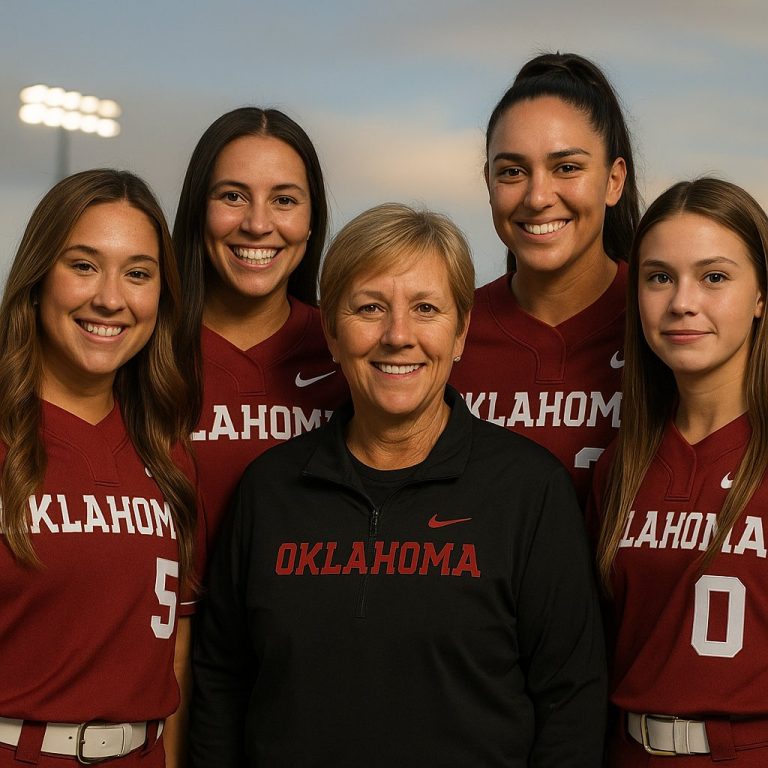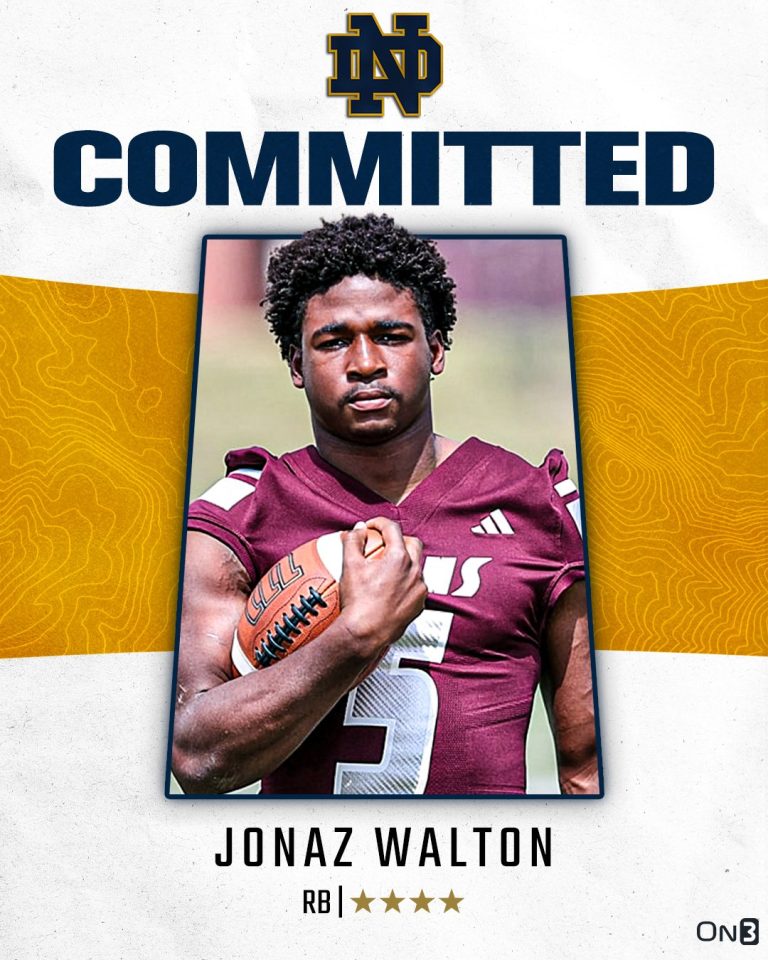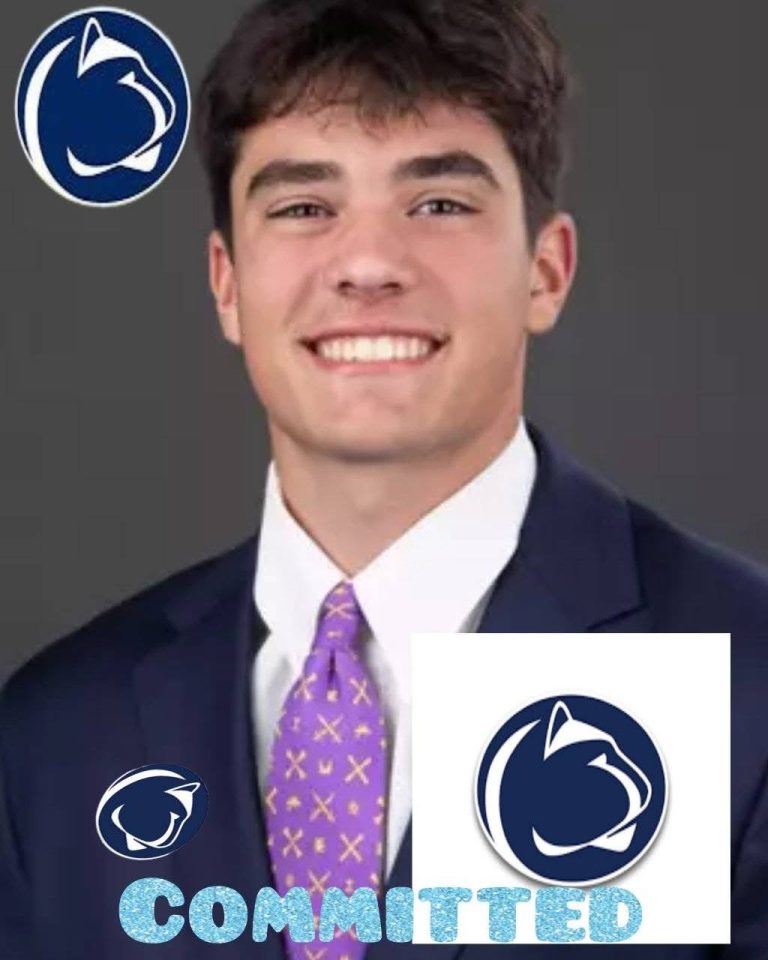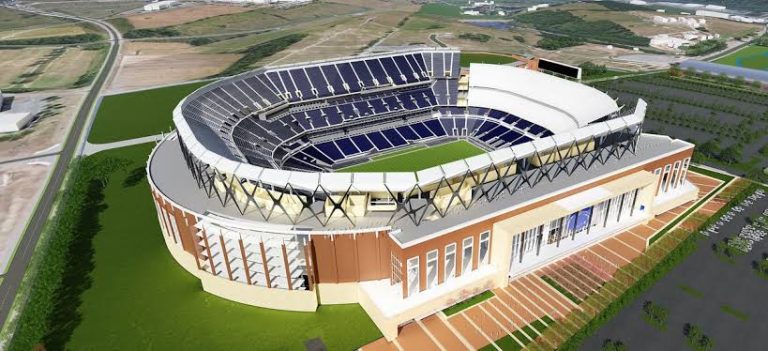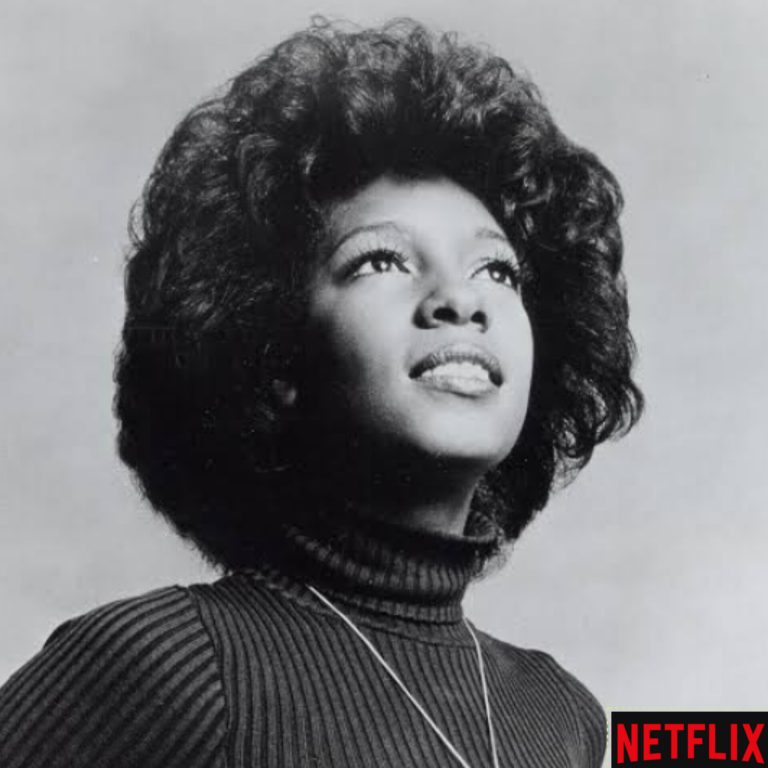
As the Atlanta Braves embark on one of their most grueling stretches of the season, the status of star pitcher Spencer Strider looms large. After initially returning from a hamstring injury only to land back on the injured list almost immediately, Strider’s health has become a focal point for the team—and a source of anxiety and hope for fans. While recent updates suggest progress, the Braves are treading carefully, unwilling to rush a return that could risk a more serious setback.
Strider has been progressing steadily, albeit with caution. Saturday brought a glimmer of optimism when it was revealed that Strider was set to throw another bullpen session. Even more encouraging, the pitcher himself declared he felt “great,” boosting hopes for a swift return. However, any plans for a comeback as soon as this week remain tentative. While technically possible, a return without a rehab assignment remains far from certain.
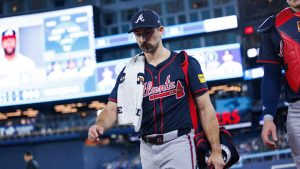
The Braves are clearly weighing their options and prioritizing long-term health over short-term needs. Strider, for his part, is saying all the right things. He insists he feels fully healthy and credited platelet-rich plasma (PRP) injections, administered shortly after his injury, for accelerating his recovery. Despite this, the team is not rushing him back. Their cautious approach suggests a desire to avoid another premature return that could result in a far longer absence.
A key element in the decision-making process is the team’s schedule. With no days off until May 19, incorporating Strider into a six-man rotation would be ideal to ease the workload on the starters. However, this could pose a risk to the bullpen’s stability, especially if Strider is on a short leash and unable to go deep into games. Carrying an extra starter could stretch the relief corps thin, leading to other roster challenges.
One potential solution floated is parting ways with struggling reliever Rafael Montero to make room for Strider. Still, the Braves may prefer to delay Strider’s activation until they have more clarity on his readiness and a firmer grasp on how best to configure the roster for this critical stretch.
Ultimately, the consensus within the organization seems to be that it’s better to wait a bit longer than to risk losing Strider for an extended period. While fans are understandably eager to see their ace back on the mound, a patient approach could ensure his availability later in the season when the games matter even more.
As the Braves navigate this demanding part of the schedule, how they manage Strider’s return could have major implications not just for their rotation, but for the team’s overall success. The hope is that prudence now will pay dividends in the long run, keeping one of their most electric arms healthy and dominant when it matters most.
